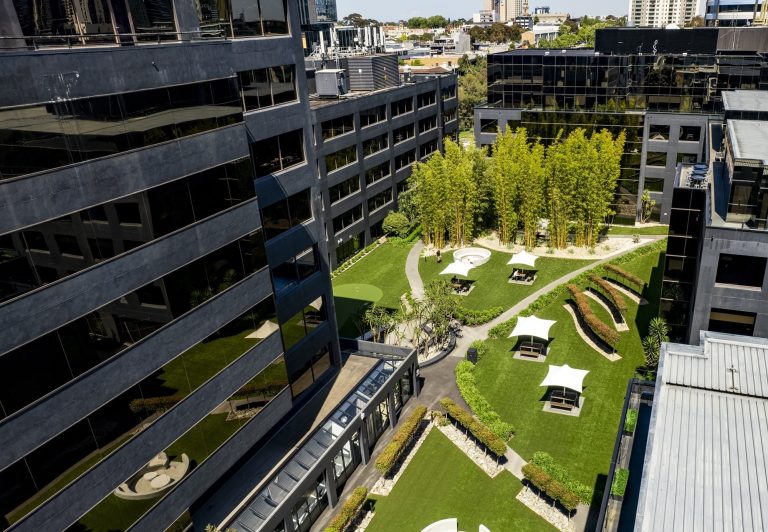Moving? Here’s an office relocation checklist

You’ve done all your background research, worked out your budget and found a property that is right for your business.
Now it’s time to relocate.
But CBRE Director, Transaction Management, Bob Ellis says there are some vital points to bear in mind, and consult experts on, if necessary.
Top 10 things to watch
1. Impact of Legislation. Ellis recommends checking with your solicitor in relation to any state and federal legislation that may affect upon your selected premises.
2. Zoning. “Property zoning regimes will set out the permissible uses for land under a number of classification types and will vary between different local councils,” he says.
3. Fit out & make-good obligations. Ellis says standard leases usually will include clauses that require the return of spaces to the same condition as when you took lease of premises. “Be aware of the extent of this commitment and budget for them through your lease term.”
4. After-hours costs. If your business will operate outside business hours, Ellis says you should consider whether this will mean additional occupation costs. He says, for example, some landlords charge higher rates for air-conditioning after hours to compensate for higher usage.
5. Net vs gross lease. The rent paid by a tenant will either be on a net, gross or fully gross basis. Ellis says when the rent is paid on a net basis, the tenant will be responsible for the payment of his proportion of all building operating costs in addition to rental payments. “Where the tenant pays rent on a gross basis, the rent paid will include building operating costs,” he says.
6. Rent review. Through the term of a lease, and at the start of any option period or as otherwise arranged between the parties, the rent may be reviewed. Ellis says it can be reviewed to market, by fixed increase, by percentage increase or in line with CPI.
Read more: How much rent should I pay for my business space?
7. Incentives. Ellis says a landlord will sometimes offer an inducement that may take the form of a reduction of the rent, a cash contribution, an offer to reimburse or contribute to a fit-out, a rent-free period, removal of unfavourable lease clauses or reduced rent increases over the term.
8. Permissible use. “You will most likely see this clause in the lease, this will usually outline how the premises can be used under the lease,” Ellis says.
9. Use of equipment and storage of regulated materials. Ellis suggests considering if you will need to use any specialist medical or exercise equipment or if you will be storing any hazardous materials onsite. “We recommend that you check if additional approvals are required and consult with your solicitor to see if this will need to be incorporated into the lease documentation,” he says.
10. Lease Flexibility. When negotiating a lease, Ellis suggests considering any changes that may occur to your business at some point in the future.
“Options vary widely from lease to lease but might include (among other things) rights of renewal, expansion options, contraction options, break clauses and so on,” he says. “In some cases there is a rental premium for obtaining such lease flexibility so this should be reviewed and discussed with your professional advisor.”
Read more: Relocation or renovation: What’s driving the decision?







